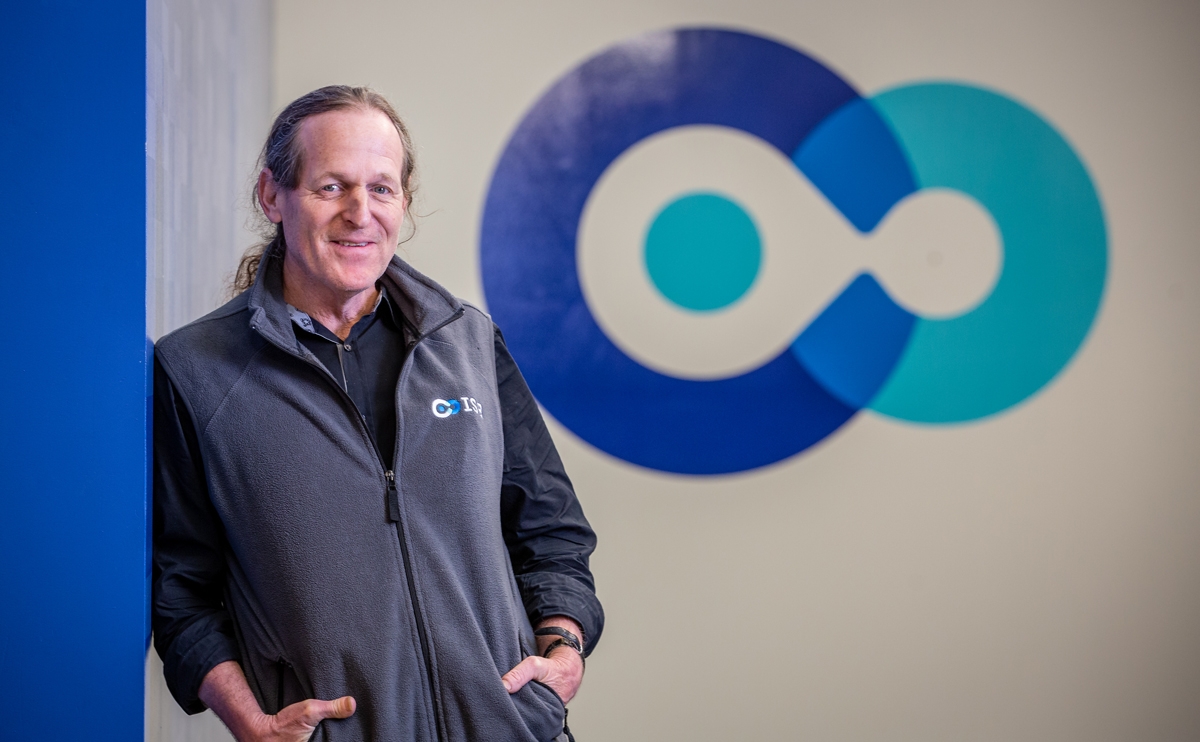ISB Leading NCI Comprehensive Cancer Center to Study Sequential Targeted Inhibitors and Immunotherapies
 isbscience.org/news/2022/09/22/isb-leading-nci-comprehensive-cancer-center-to-study-sequential-targeted-inhibitors-and-immunotherapies/
isbscience.org/news/2022/09/22/isb-leading-nci-comprehensive-cancer-center-to-study-sequential-targeted-inhibitors-and-immunotherapies/
ISB President and Professor Dr. Jim Heath
The National Cancer Institute awarded the Institute for Systems Biology (ISB) a 5-year, $13 million grant to lead a collaborative cancer center and study sequential combinations of targeted inhibitors and immunotherapies.
The program – called Spatiotemporal Tumor Analytics for Guiding Sequential Targeted Inhibitor-Immunotherapy Combinations, or ST-Analytics – is designed to determine if the treatments yield greater patient benefit when administered in sequence rather than as monotherapies or as simultaneously administered combinations.
“Since the inception of immunotherapy at the turn of the century, there have been many clinical trials to combine targeted inhibitors with cancer immunotherapies, but combining these therapy approaches for patient treatments has proven very challenging,” said ISB President Dr. Jim Heath, who is leading the NCI-funded cancer center. “This has been very frustrating for researchers and clinicians, but there is emerging evidence that starting these therapies in specific sequences before their combination might extract the most benefits for the patients. We aim to develop a working model of how to do sequential and combinatorial therapies that will inform the design of clinical trials.”
Timing, not just dosage, is a major component of the NCI-funded program. Researchers will use state-of-the-art tools to study tumors at set points in treatment regimens with varying efficacies and will build computational models of how tumors respond. They will study mouse models, validate their findings with biobanked human tissues, and design clinical trial concepts.
“The pace of developing individual cancer therapies has really accelerated over the past decade, so ST-Analytics is timely in aiming to accelerate progress in rationally sequencing and combining these therapies for maximal clinical benefit” said Dr. Roger Lo, professor of medicine/dermatology at UCLA’s Geffen School of Medicine and Jonsson Comprehensive Cancer Center and the lead clinical collaborator on the NCI-funded program.
Lo will also lead efforts on patient-like animal models that have already yielded early insights into the importance of sequencing these types of therapies to treat melanoma brain metastasis.
ISB will collaborate with UCLA and Yale to provide a research environment that will bring together scientists with high levels of clinical, biological, computational and experimental expertise, and remove barriers to the free flow of data, biospecimens and ideas. All three institutions will engage their communities and beyond to train and educate the next-generation of systems biologists focused on cancer, drawing especially from underserved communities.
“The relationship between targeted inhibitors and immunotherapies in their multi-dimensional interactions is a systems biology problem that ISB and our collaborators are uniquely positioned and qualified to handle,” Heath said.





